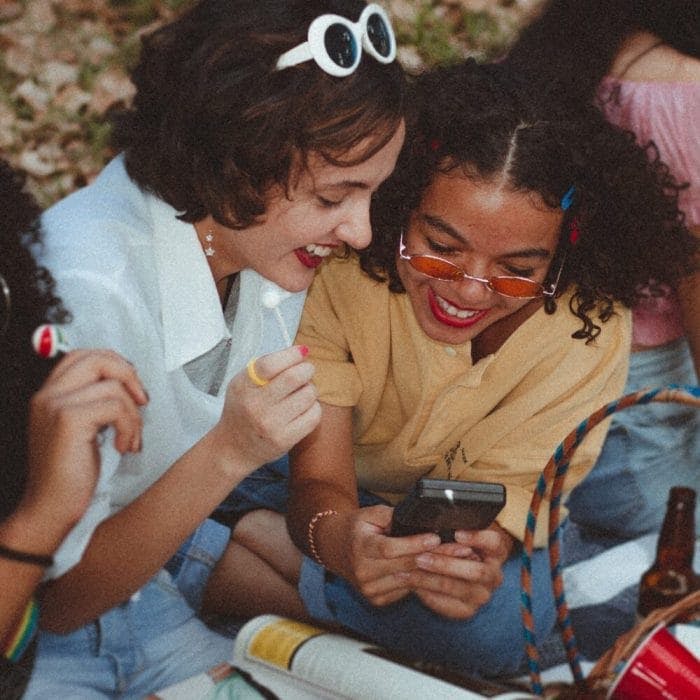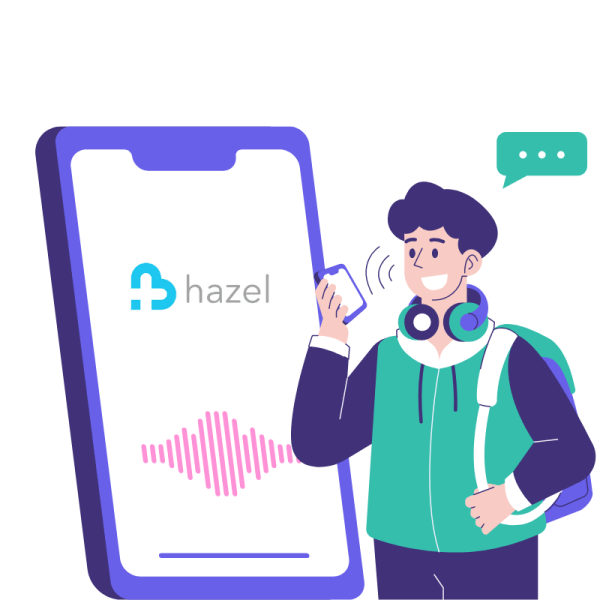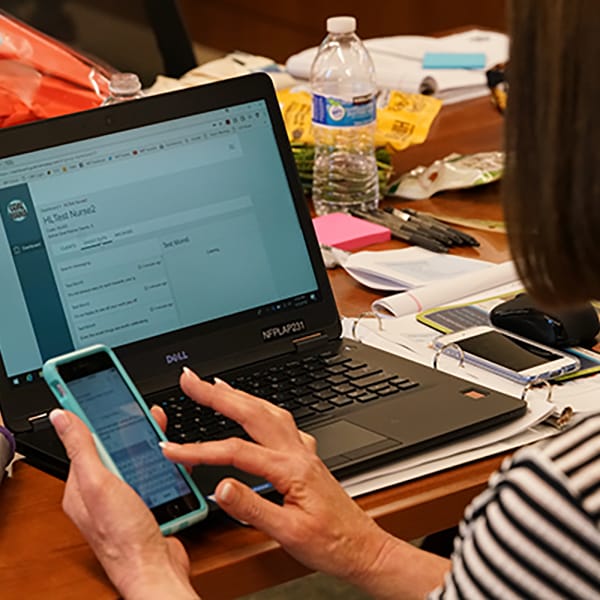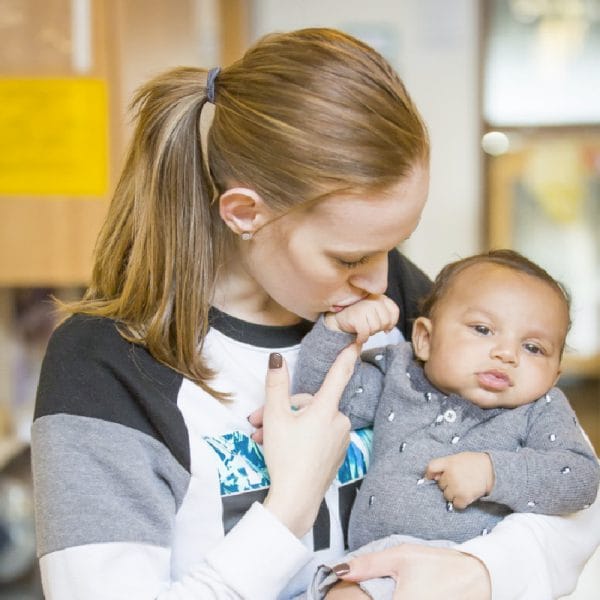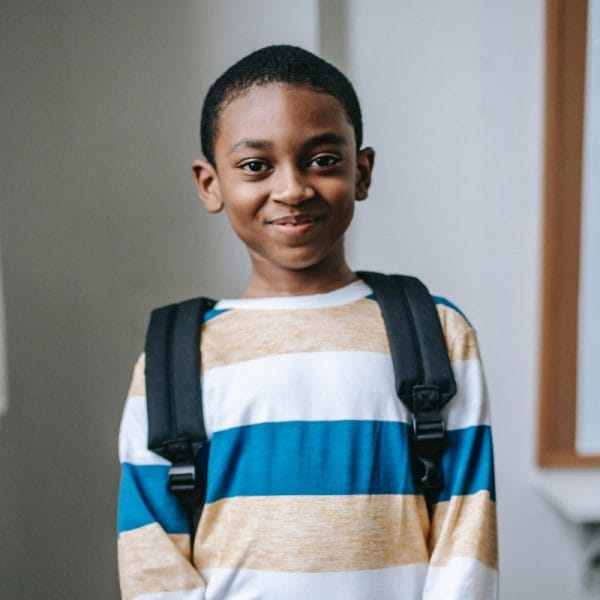What we’re doing
In collaboration with Dr. Emily Falk from the University of Pennsylvania, we’re investigating whether youth’s real-world social networks influence the way their brains respond to information, and ultimately how that shapes their health behavior choices. Bringing these questions together helps us explore how healthy and unhealthy behaviors spread from one individual to the next.
Why it matters
The insights gained from this project can help enhance understanding of how social networks — on and offline — might be leveraged to promote positive health behaviors in youth.
